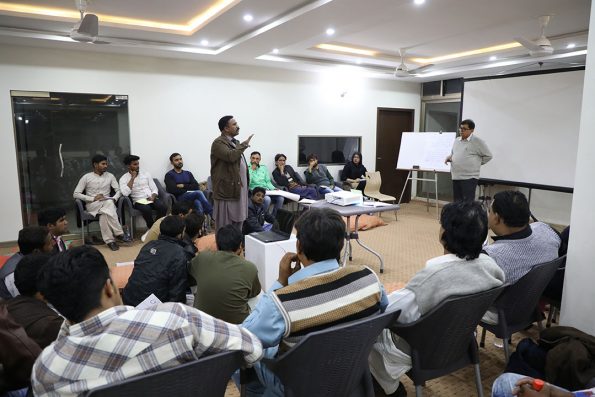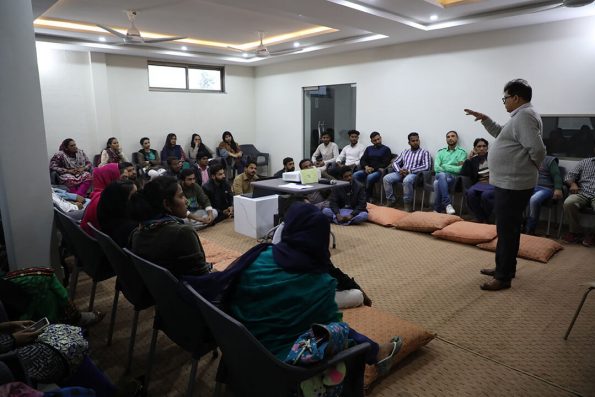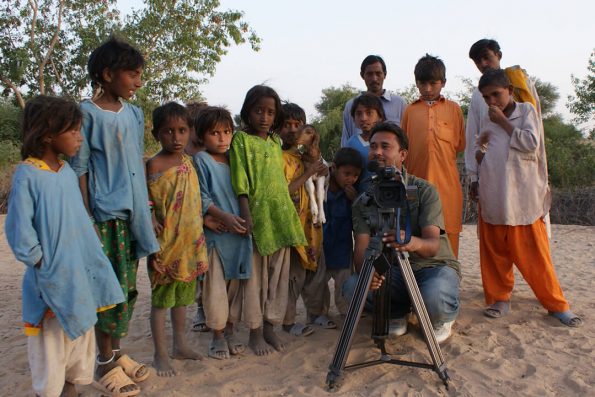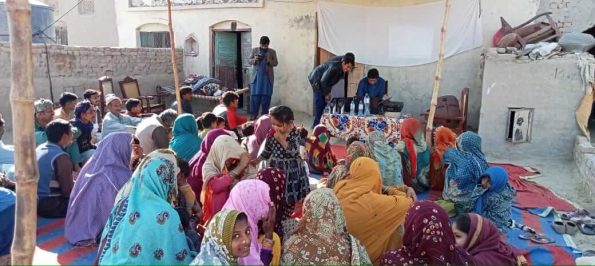In this project IRC and CIDA-PIF worked in Shalimar Town, Lahore and Bhakkar Tehsil. The aim was to mobilise tehsil governments for supply of better water, environment and sanitation services by engaging communities in the planning and development process. The project also aimed to empower communities to demand their rights from their local governments in a peaceful manner. The project started with documenting voices of people regarding the problems they face in provision of effective services. IRC then developed theatre plays on the issue and used video profiles and theatre to raise voices of people.
The IRC, Trocai, Anti-Slavery International conducted a one day workshop in Karachi on the 17th of February, 2004. The programme discussed in detail the crisis of bonded labour specifically in Brick Kilns in Punjab and in agriculture in Sindh.
This project aimed to increase awareness about issues such as water shortages, privatisation, corporate farming, globalisation, human rights, and gender equality through the use of interactive theatre techniques, and to strengthen the theatre community in order to use theatre as a tool for advocacy and awareness. To achieve this, several activities were planned, including the formation of six theatre groups, the conduct of nine training workshops, the performance of 30 theatre performances by the six groups, the organisation of two three-day theatre festivals, and the production of promotional material on the effectiveness of interactive material.




